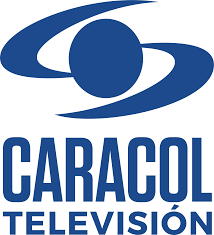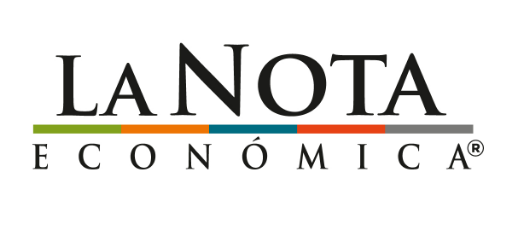- The massive attendance reflects the success of the mobile vaccination strategy in remote and hard-to-reach areas in 13 municipalities. Ciudad Bolívar, Salgar and Apartadó are expected to be reached soon.
- The strategy advances with vaccination brigades in Urrao territories with difficult access, arriving by helicopters and completing the routes on foot.
From three-year-old children to the adult population have benefited from the immunization campaigns carried out in 13 municipalities of Antioquia by means of the Mobile Classrooms for vaccination set up to visit distant territories and a vehicle to reach territories that are difficult to access.
The strategy is the result of the alliance between ISA and the Genomic Laboratory One Health of Universidad Nacional de Colombia, Medellin campus, which, added to the timely work articulated with the Government of Antioquia, the Mayors of the department and the Health Secretariats, has allowed maximizing the scope of the mitigation of the pandemic and promoting economic revival, so in 2022 it is expected to start taking the strategy to other departments.
The main objective of the Mobile Classrooms is to reduce immunization gaps by solving difficulties in accessing vaccines: “I had not planned to get vaccinated because traveling to visit a vaccination point costs me COP 25.000 and I do not have those resources” or “I was not going to get vaccinated because I do not leave my village” are some of the arguments used by people while waiting for their turn to be vaccinated.
Similarly, as a complement to the mass vaccination strategies in the country, these vaccination brigades were taken by helicopter to territories that are difficult to access, starting with three indigenous and Afro-descendant communities in Urrao: Valle de Pérdidas, Mandé and Puntas de Ocaidó. The teams that visited the territory for five days were made up of a vaccinator and two logistical support staff, who brought food and medicines for the communities, in addition to the vaccines against COVID-19.
“It fills us with joy to see the high level of attendance and we want to reiterate the invitation to those who have not been vaccinated in the municipalities of Abejorral, Ciudad Bolívar, Salgar, Santa Bárbara, Carepa, Chigorodó and Apartadó to be attentive to the visit of the Mobile Classrooms in the coming days. With this, we continue extending our program Todos Somos Uno (We Are All One), with which we have contributed resources of more than USD 5 million in Latin America, and we reconfirm our commitment to accompany communities and society in general to create Sustainable Value”, stated María Adelaida Correa, ISA’s Corporate Sustainability Director.
In Urabá and Southwest Antioquia, the good results have been enhanced through the loan of vaccines between municipalities, which has made it possible to have first and second doses, as well as boosters for children and pregnant women in each municipality when there is a shortage of vaccines at the departmental level. This is a symbol of unity and articulation towards a common objective, which is to advance vaccinations and reach the greatest number of people with the full vaccination schedule.
For M.D. Juan Pablo Hernández-Ortiz, director of the Colombia/Wisconsin One Health Consortium and the One Health Genomic Laboratory, “each person who receives a dose is a step of hope, of life and of safe reactivation. The strategy, framed in a business-university-state collaboration, has been successful thanks to the adherence of the populations. I invite everyone to participate; vaccination is safe and essential to take care of our families”.
Similarly, the collaborative work of the medical personnel and support staff (drivers and assistants) has been a determining factor for the adequate fulfillment of the vaccination objectives and will allow us to continue bringing a message of life and hope to the populations in areas of difficult access.



















